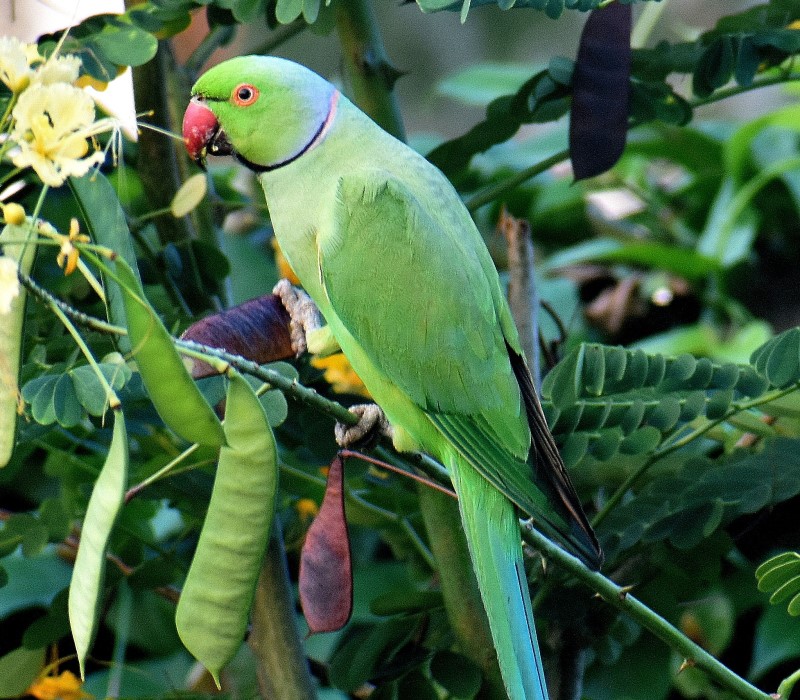JavaScript seems to be disabled in your browser. For the best experience on our site, be sure to turn on Javascript in your browser.
Why your Ring-Necked Parrot is Feather-Plucking

Your bird's feathers are one of the first things people notice about your bird. However, there’s far more to these creatures than beauty and grandeur. The state of their feathers would tell you a lot about the health and well-being of your bird.
Even though some feathers do fall out in the natural course of molting, your bird will continually pull them out and maybe send you a signal that something is wrong.
When your bird starts feather plucking, it can be one of the most frustrating and difficult conditions to deal with. In companion birds, there can be so many reasons or combinations of causes of this behavior.
To treat your pet, you could try out our Birdcare Feather Plucking Rescue Pack, Feather Pluckers Pack, and Parrot Feather Bath Spray.
What could make your ring-necked parrot start feather-plucking
Unavoidable health problems can cause this. If your ring-neck parrot starts feeling unwell, it may begin plucking its feathers as a form of self-care or self-soothing. It may also feather pluck because it is irritated by an underlying condition.
When you notice this behavior in your pet, visit your veterinarian to rule out infections (bacterial, viral and parasitic), allergies (pollen, mold and specific foods), hypothyroidism, and anxiety.
Some environmental factors that may make your pet feather plug include heat, humidity, noise, and stress. These factors can cause feather plucking, as well as too much or too little access to natural sunlight.
Other birds turn to feather plucking because of lifestyle conditions like boredom, lack of exercise or activity, sexual frustration, isolation or a lack of playtime.
The final factor is malnutrition.
Ways you can stop your bird from plucking its feathers
As soon as you notice unhealthy feather-picking behavior, it is important you immediately schedule an appointment with a board-certified avian veterinarian. An avian veterinarian will help you evaluate whether your bird’s habit is a result of an underlying medical or behavioral concern. A bird behavior specialist may also be needed to help diagnose the problem.
Making a big deal of the event can perpetuate the problem or result in your bird seeing your response as positive attention. Your pet would take on your stress and cause the behavior to continue.
To mitigate the problem before your vet visit or stop it before it starts, focus on:
- Make sure your bird's routine continues. Previous routines should be followed as closely as possible. Make sure your bird gets the proper amount of sleep and plenty of nutrients and vitamins in their diet.
- Minimize stress as it could be the cause of your bird’s feather plucking. Birds are also perceptive to the moods of their human family. If you are feeling anxious or stressed they can too.
- You also need to relieve your pet's boredom as birds need a lot of mental stimulation to remain fit and burn energy. Use a selection of bird’s toys, and select from a variety of wood blocks, ladders, ropes, barbells and hanging toys that are your bird’s size and species.
- Make provision for a healthy diet. Its diet should be full of all the nutrients and vitamins it needs to remain healthy based on its species. Foraging behavior, for example, should be incorporated into their feeding routine.
- Make sure the environment you keep your pet safe from air pollutants. Cigarette smoke, air fresheners and pungent cleaning supplies would aggravate your pet. If possible, keep your bird in an area with plenty of familiar and comforting activities to observe.
In most cases, when your bird loses its feathers it will get them back in about 12 months or during its next molt. They may not grow back, however, if the underlying skin structure becomes damaged.










